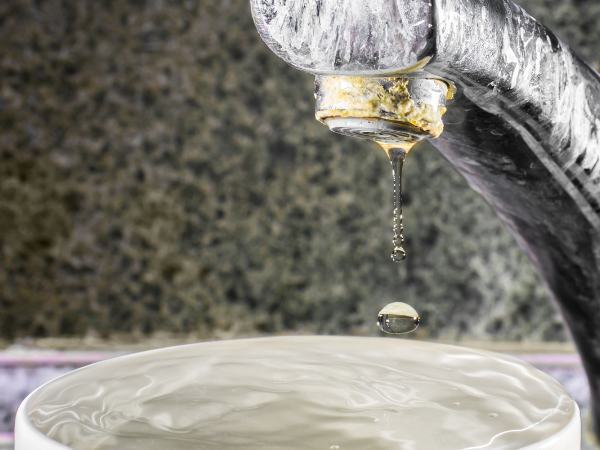Inline Water Filter

The Best Inline Water Filters
Instead of being a standalone unit that needs to be filled and emptied, an inline water filter can be put straight into the water line. In-sink or under-sink inline water filters are rapidly gaining popularity as they eliminate the need for a separate filtering system or storage space while yet providing a high level of water purity.
Inline water filters come in a wide variety, with each model optimized for a different set of impurities. Sediment, chlorine, lead, and bacteria are the most typical water contaminants, but inline water filters may eliminate all of them. Fluoride, arsenic, and cysts are just some of the toxins that can be removed by some inline water filters.
Inline water filters are convenient since they ensure a steady supply of clean water. This is because there is no need to store water in a tank because it is filtered as it passes through the system. It also means that there is never any danger of running out of clean water because the supply is always being restored.
As an added bonus, inline water filters save money because they don't need a separate system or area to operate. Because of this, they are a great fit for apartments, lofts, and other small spaces. It's also worth noting that many inline water filters are made to be energy-efficient, which can reduce monthly utility bills.
Furthermore, inline water filters have several possible uses. In addition to residential and commercial use, they are also suitable for use in industrial settings, where they can ensure a constant supply of clean water. Kitchens in homes, restaurants, and factories all use inline water filters frequently.
Whole-house inline water filters are another alternative for high-water-use residences and establishments. This filtration system is set up on the building's main water line and filters all of the incoming water. Because of this, you can rest assured that the water you use in the facility (for things like showers, laundry, and even gardening) is completely clean. If you live or run a business in a region with subpar water quality, this may be a must.
In addition to their various benefits, inline water filters have the added bonus of working with other types of water purification systems. A water filter fitted inline before a reverse osmosis unit can catch sediments and other big particles before they reach the RO membrane. This has the potential to increase system efficiency and increase the RO membrane's service life.
Finally, inline water filters are an economical and effective method of water purification. They are adaptable to meet individual requirements, compatible with various water filtering systems, and kind on the environment. They provide a steady supply of clean water with minimal effort on your part and may be easily set up and maintained. An in-line water filter is a great option for anyone concerned about the safety and taste of their drinking water.




